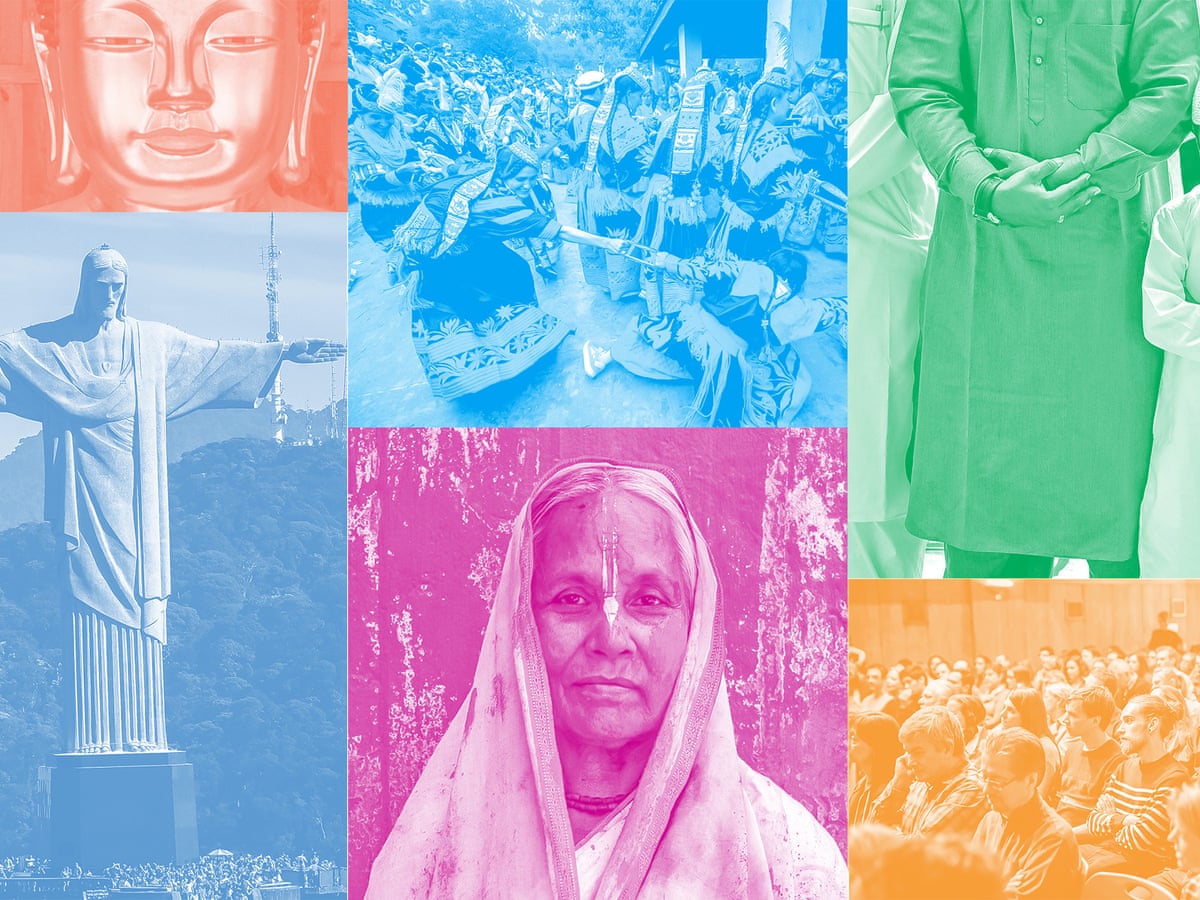
by Bhabani Shankar Nayak 17 January 2024
Citizenship is a product of working-class struggles against feudalism, colonialism, fascism, Nazism, capitalism, imperialism, and all other forms of authoritarian dominance. These struggles have led to the deepening of democracy and the expansion of citizenship rights. Therefore, citizenship is a product of political struggles to ensure the collective realization of inalienable individual freedom. Essentialist freedoms are based on the immediate needs of individuals, families, societies, and states, while emancipatory freedoms are rooted in struggles to change conditions that act as obstacles to realizing both essentialist and emancipatory freedoms. Essentialist freedom contributes to emancipatory freedom, establishing conditions central to the creation of global citizenship without any form of discrimination and exploitation.
Political citizenship questions all forms of exploitation, discrimination, and inequality imposed on people by different powers that govern societies, states, and governments. Political citizenship is based on the collective realization of individual rights and freedoms rooted in solidarity. This political process of local, regional, national, and global transformation towards global citizenship is under threat due to the onslaught of various forces, including patriarchy, religious entities, reactionary political parties, and capitalist market forces, on citizenship and individual rights. These forces are dismantling political, democratic, secular, liberal, constitutional, and progressive citizenship to create conditions conducive to the development of moral and religious citizens. Moral and religious citizenship are essential criteria and conditions for the durability of religion, the circulation of elites, and the sustainability of capitalism in the age of technological revolution.
Patriarchal and feudal forces organize families, societies, individuals, and states in a hierarchical manner, where age and gender-based social, economic, cultural, and religious discriminations are socialized, normalized, and naturalized. This process occurs under the guise of morality. A good daughter, son, brother, sister, husband, wife, and friend are those who never question the power and control of elders in the family in the name of moral cultures and traditions. Questioning is considered as bad karma. All religions and reactionary nationalist institutions and processes promote the domestication of individuals, citizens, families, states, and governments based on hierarchical ideals to normalize inequality that breeds exploitation.
Various forms of capitalism, along with their institutional processes, domesticate citizens and transform them into mere consumers seeking commodity pleasures. This is achieved through an unbridled culture of consumerism, aiming to establish market societies and market democracies in the name of efficiency, prosperity, and superficial individual freedom. Fictitious freedom and consumerism are twin traps employed by capitalism to undermine political citizenship and its collective characteristics, ultimately shaping a society of orderly objects— the consumers.
In this process, capitalism and its market forces dismantle the social character of markets, businesses, and other economic activities and institutions by separating consumers from producers, both as social beings and as political citizens. The emergence of competitive consumerism, rooted in access to commodity markets, has eroded the collective foundations of society and led to a decline in political citizenship. The weakening of political citizenship and its collective foundation is pivotal to the expansion of capitalism and its purported free-market economy.Reactionary political parties, states, and governments also perceive political citizenship as problematic, viewing it as a threat to dominant power structures and the circulation of elites that govern our society and everyday lives. Consequently, these entities promote reactionary religious and narrow nationalist politics with the aim of domesticating and suppressing political citizens who question and advocate for their freedoms and rights as democratic stakeholders in societies, states, and governments. States, governments, and political parties are actively engaged in reviving and reconstructing the abode for gods and goddesses, diverting attention from the real issues citizens face, such as homelessness, hunger, and ill health. This diversion serves to perpetuate the existing power dynamics and hinder the collective consciousness and efforts of political citizens striving for their democratic rights.
Competitive consumerism and religious politics operate in tandem to undermine political citizenship and foster conditions conducive to the creation of moral and religious citizens and consumers who refrain from questioning their current predicaments. They blame themselves for their own predicaments. Moral and religious citizens tend not to hold states, governments, ruling and non-ruling elites accountable for their past and present challenges. Instead, they outsource their everyday struggles to gods and goddesses, praying for future prosperity and peace, without relying on the states and governments they themselves establish. This helps capitalism, capitalist states, and governments to survive all inherent ordeals and sustain itself as only dominant system with sheer power of exploitation and discrimination.
The process of domesticating political citizenship and fostering socialization with moral and religious idealism is expedited by the religious education curriculum offered by various educational institutions endorsed by states and governments. Moral education based on religion in the 21st century diminishes citizens’ ability to critically engage with each other as a collective. The moral and religious construction of citizenship is crucial for the sustainability of capitalism and all its religious and corporate alliances.
The struggle against such moral construction and religious domestication is central to the emancipation of people from exploitation and inequality in all its forms. The working class needs to uphold its morality based on collective solidarity and reject morality based on individual purity. Working-class morality is grounded in secular, scientific, and social experiences of the masses in their everyday lives, whereas religious morality is founded on self-realization. Individual self-realization is crucial for the growth of a market society and democracy, aligning with the requirements of capitalism for its sustainable growth.
Political citizenship and working-class emancipation are integral to each other; they are not divisible based on dubious moral and religious arguments. The success of the working class will determine whether the future entails collective servitude or collective emancipation from the shackles of religion and capitalism. Therefore, working-class people must actively fight for the collective foundation of their emancipation based on political citizenship and reject the narrow religious and market trap of ‘self-realization and self-satisfaction.’
